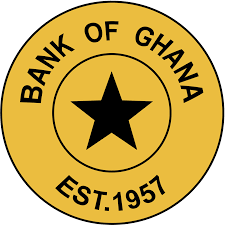The Bank of Ghana, established on March 4, 1957, is the central institution responsible for monetary and financial management in the country. It traces its origins to the Bank of the Gold Coast (BCG), which was created before Ghana’s independence. The idea of a central bank emerged in the 1950s as political independence approached, with the goal of strengthening the country’s economic autonomy. In 1955, a committee was formed to lay the groundwork for the establishment of a central bank. As a result, the Bank of Ghana was formed even before the official declaration of independence on March 6, 1957.
The primary role of the Bank of Ghana is to formulate and implement monetary policies, regulate the banking system, and supervise financial institutions. It issues the national currency, manages reserves, and advises the government on economic matters. Since its establishment, the Bank has played a central role in stabilizing the currency, regulating credit, and supporting the country’s economic growth. Over the years, it has been governed by various laws, with the Bank of Ghana Act of 2002 being the current legislation.
The first Governor of the Bank was Alfred Eggleston, a Scottish banker, with his deputy being Douglas F. Stone, a British central banking expert. Today, the Bank continues to play a key role in Ghana’s economic regulation, overseeing financial institutions and maintaining international banking relationships.
- Current Events
- Upcoming Events
- Past Events



